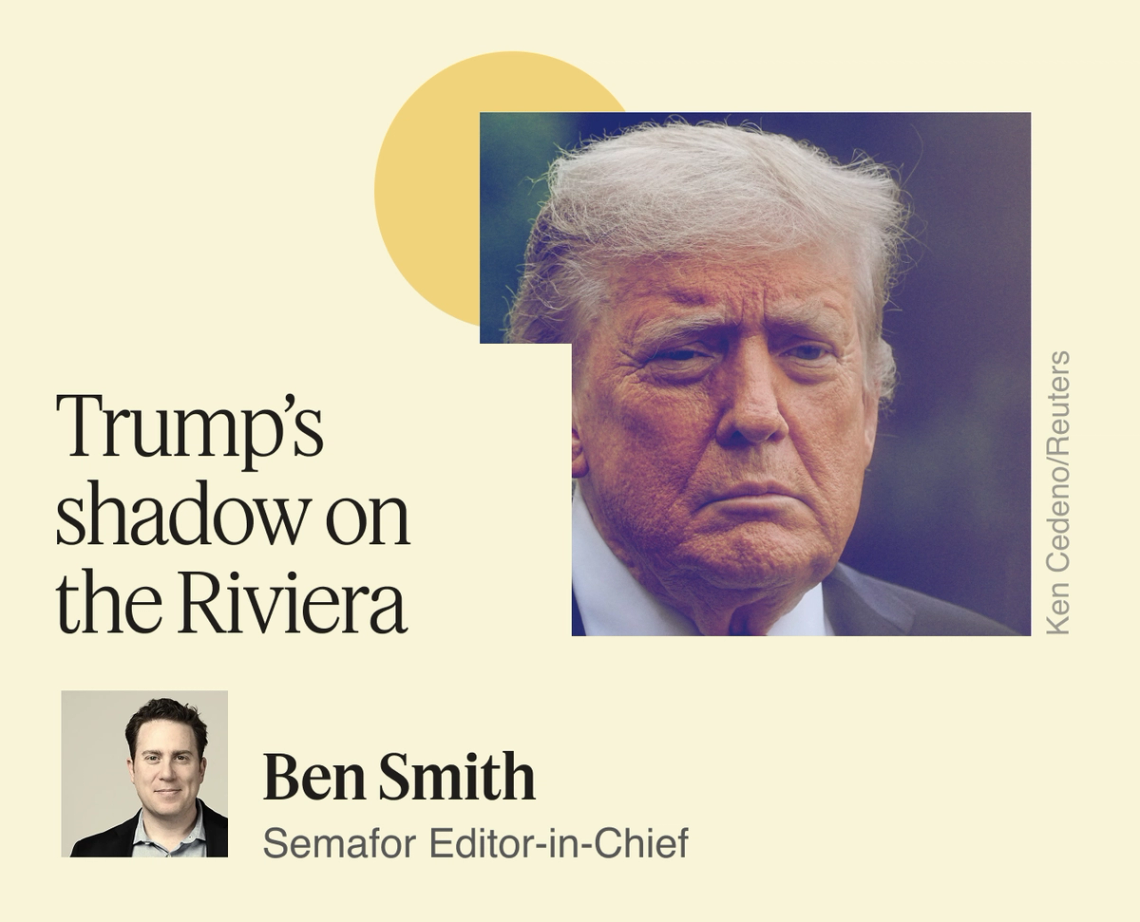 The advertising business has always been uniquely vulnerable to extortion. The large sums of money, the complex relationships between agencies and brands, the layer upon layer of people worried about embarrassing their bosses — all conspire to create a culture of relative silence that is, among other things, extremely frustrating for the journalists who cover the industry. And so the Trump administration’s pressure campaign on the ad industry hasn’t drawn the public protests that have accompanied his lawsuits against media organizations or the gentler treatment he’s won from owners of The Washington Post, CBS News, and The Los Angeles Times. But the pressure on marketers — who gather on the Riviera this week for the annual Cannes Lions festival — is another major front in Trump’s media war. The Wall Street Journal’s Suzanne Vranica opened a rare window into Trump’s efforts to muscle the media his way when she reported in February that the ad giant IPG signed a deal with Elon Musk’s X, believing it was the cost of avoiding regulatory scrutiny of its sale to Omnicom. She added the news last week that X is rebuilding its business with a campaign of legal threats against advertisers. The Federal Trade Commission is now focused on pressuring agencies and brands to drop “brand safety” guidelines that it interprets as political boycotts of right-wing views. Marketers are right to be scared. Trump and his aides live on digital media and were infuriated by social media platforms, which penalized them for criticizing COVID-19 vaccines and policies and banned some of them after Jan. 6. They view restoring the absolute freedom of posting — and punishing anyone who sought to restrain it — as a true top priority, according to administration officials and allies I’ve spoken to. Marketing executives I talked to are far too scared to talk about this pressure in public. But they do see paying X as a good way out: “Brands would rather spend on advertising at a low return rate on X, versus spending that money on lawyers,” one noted. “At least it’s not a total waste.” Now Musk is on the outs, the FTC is still on the march, and they may have to find a new avenue for tribute. Also today: Anderson Cooper’s new agent, a guest column from Beijing, and Liz Hoffman, Rohan Goswami, and Andrew Edgecliffe-Johnson on big media’s future. (Scoop count: 3) Max was off this week, training for a hard week of work in Cannes, where we’ll be putting out a daily newsletter and hosting a live event! Sign up for insights and event listings as the industry wrestles with Big Tech, AI, Trump, and the limits of its capacity for rosé, and drop us a line if you’re going to be there. And if you’d like to join our live Mixed Signals taping with New York Times CEO Meredith Kopit Levien, please sign up here! |